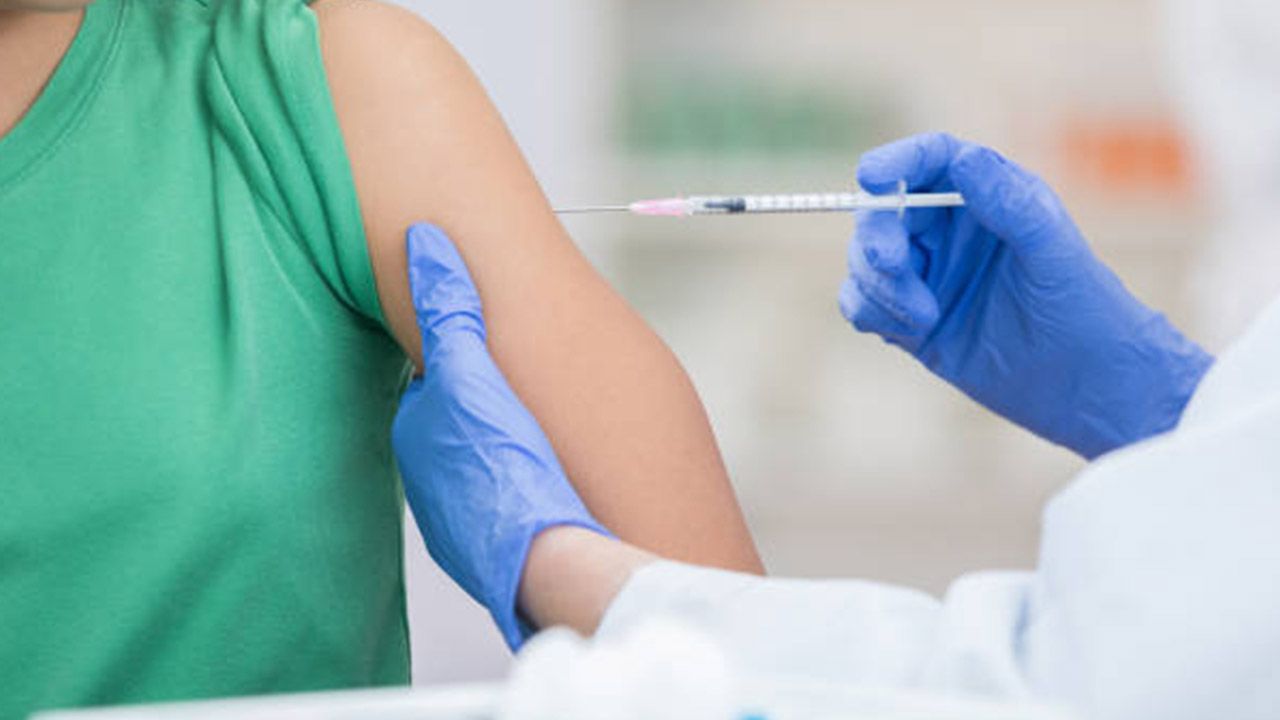
Hepatitis B is most commonly referred to as liver inflammation. A hepatitis B virus causes it. The condition and symptoms may depend on the level and stage of its occurrence. There is mild liver inflammation at an early stage, but at the advanced stage, a liver might get damage with scarring on the surface. It is known as Cirrhosis. According to statistics, nearly 1.2 million Americans are carriers of the Hepatitis B virus. And more than 2 million cases are reported each year.
Symptoms
In most cases, especially in adults, this may occur with or without any observable symptoms. In most acute cases, symptoms are not as obvious, and the sufferers may recover on their own. If disease occurs to be chronic, then medical assistance from a professional practitioner might prove lifesaving. If not cured, it can lead to serious consequences such as liver damage, satta matka liver failure, or even cancer.
Some common symptoms associated with hepatitis B include
- Skin and eyes appearing yellow in color.
- A mild abdominal pain
- Dark urine and light-colored poop
- Fatigue lasting for days and weeks
- Loss of appetite and nausea
- See medical assistance right away if any of these symptoms appear.
Hepatitis B Vaccination
Luckily, this ailment is preventable with the use of vaccination. Its vaccination comprises of three dosages given over the period of six months. Infants and children are recommended to get vaccinated as they have more chances of getting into a chronic condition and even show slow recovery to the virus.
For adults, the vaccine is recommended, especially if traveling to a region where hepatitis B is more common, directly or indirectly associated with the medical setting and habitual IV drug users.
HBV immunoglobin is an immediate treatment in which antibodies are injected into the body. It is a short-term treatment, but it works best for those who have been exposed to the virus within 24 hours.
Hepatitis B And Pregnancy
Hepatitis B is highly contagious, and it is more likely for a pregnant woman to transfer it to the baby if she is carrying the virus. This could prove life-threatening for a newborn baby. It could also lead to serious liver problems in the baby and may even result in chronic conditions.
Newborn to infected mothers are highly recommended to get the vaccination at birth, and they must complete a series of dosages till the first year of life.
Hepatitis B And Alcohol
With alcohol consumption, the condition may worsen or even lead to the development of the last-stage liver disease. Alcohol aggravates HBV replication, liver damage, and fibrosis. Even moderate intake of alcohol can become life-threatening.
It is thus essentially important to give up on alcohol. If someone finds it troublesome to give up on alcohol, then he/she must seek some assistance. Fortunately, there are many rehab financing options, and the government also funds some rehabs for public assistance. The aim is to assist in treatment for substance abuse for those struggling financially.
Prevention
As discussed earlier, hepatitis B is highly contagious, and it can easily spread coming in contact with the carrier of this virus. It can easily get transferred through bodily fluids such as blood and semen. Some preventive measures can help keep this disease at a distance.
The first and foremost way of prevention is through the vaccine; if you have not been vaccinated earlier for this disease, then certainly risks are higher for you to get infected with it. CDC recommends that all teens, children, and newborn should get vaccinated for hepatitis B
- It can easily spread through sexual intercourse; if your partner has been diagnosed with hepatitis B then limiting unusual contact such as kissing and being intimate.
- Hepatitis B virus can easily be transmitted through blood transfusion. Making sure that donated blood is free from HBV can help in its prevention.
- It is very common for health providers to get in contact with the disease, thus preventive measures such as wearing gloves while attending on cuts and wounds.
- Making sure that needles used for piercing or tattoos and tools used by hairdressers or beauticians are sterilized properly.
- Wash hands after coming in contact with blood and bodily fluids
- Avoid taking street drugs and IV drugs, especially injecting drugs.
Hepatitis B Complication
Hepatitis B is preventable but not curable. It may be adverse on and off over time in patients suffering from chronic disease. It is also common for chronic patients to even carry and live with the virus throughout their life. In chronic conditions, it can lead to serious complications such as
1. Cirrhosis
It is also referred to as liver scarring. It is an advanced stage followed by liver inflammation. This condition is associated with the inability of the liver to work and function properly. It could lead to liver failure.
2. Liver Cancer
Prolonged hepatitis B also increases the risk factor of having liver cancer. Sometimes the doctor recommends ultrasound and other examination techniques to diagnose signs of liver cancer.
3. Liver Failure
In severe cases, hepatitis B may also result in liver failure. Liver failure is a condition when the liver is no more able to do its function. Though cases are very rare, there still exists a chance in some adverse cases.
4. Others
Research has also found evidence on the link between hepatitis B leading to some kidney diseases. In some cases, hepatitis B can also lead to disease associated with blood vessels. The most common one is inflammation of blood vessels.
Conclusion
Hepatitis B, a contagious viral disease, is a common health issue in many parts of the world, including the US. However, we can prevent it with some precautionary measures. Vaccinations do exist to help prevent hepatitis. Newborns, children, and teens should get vaccinated as the risk factors in such age groups are quite higher as compared to others. Serious consequences of hepatitis B include liver cancer, liver failure, and other health issues.






